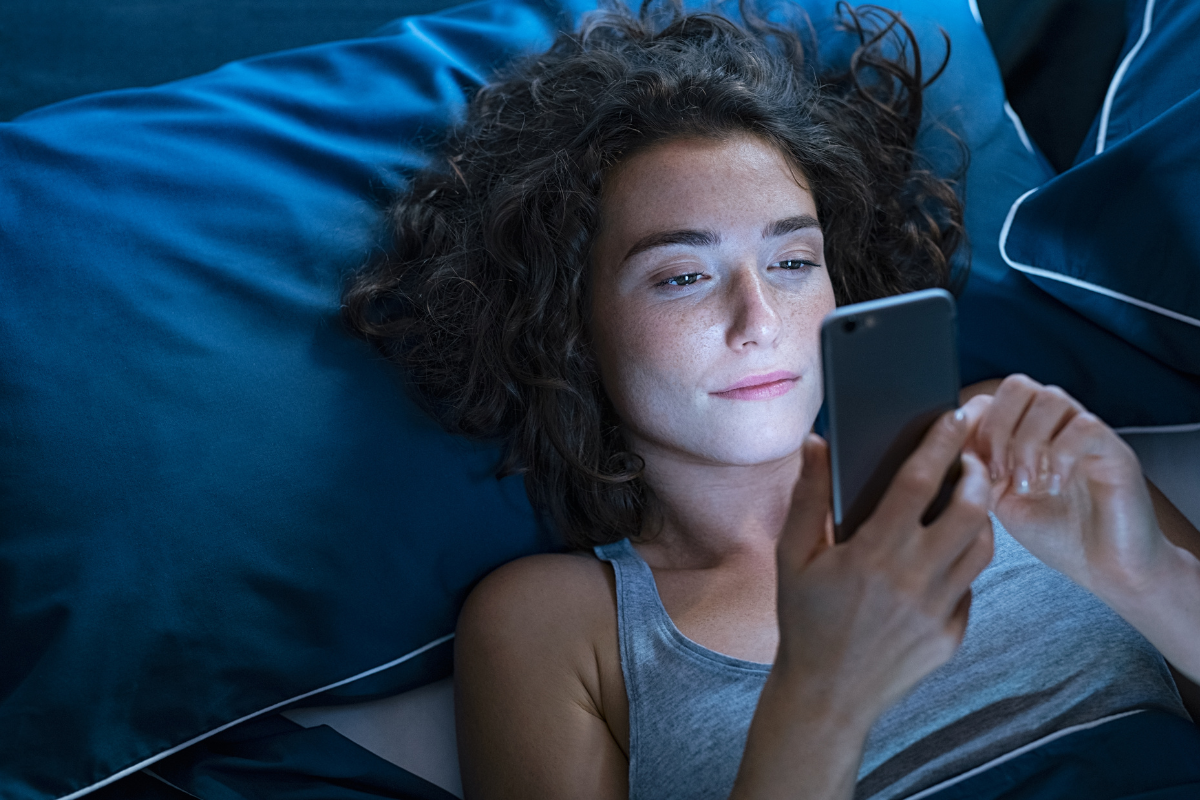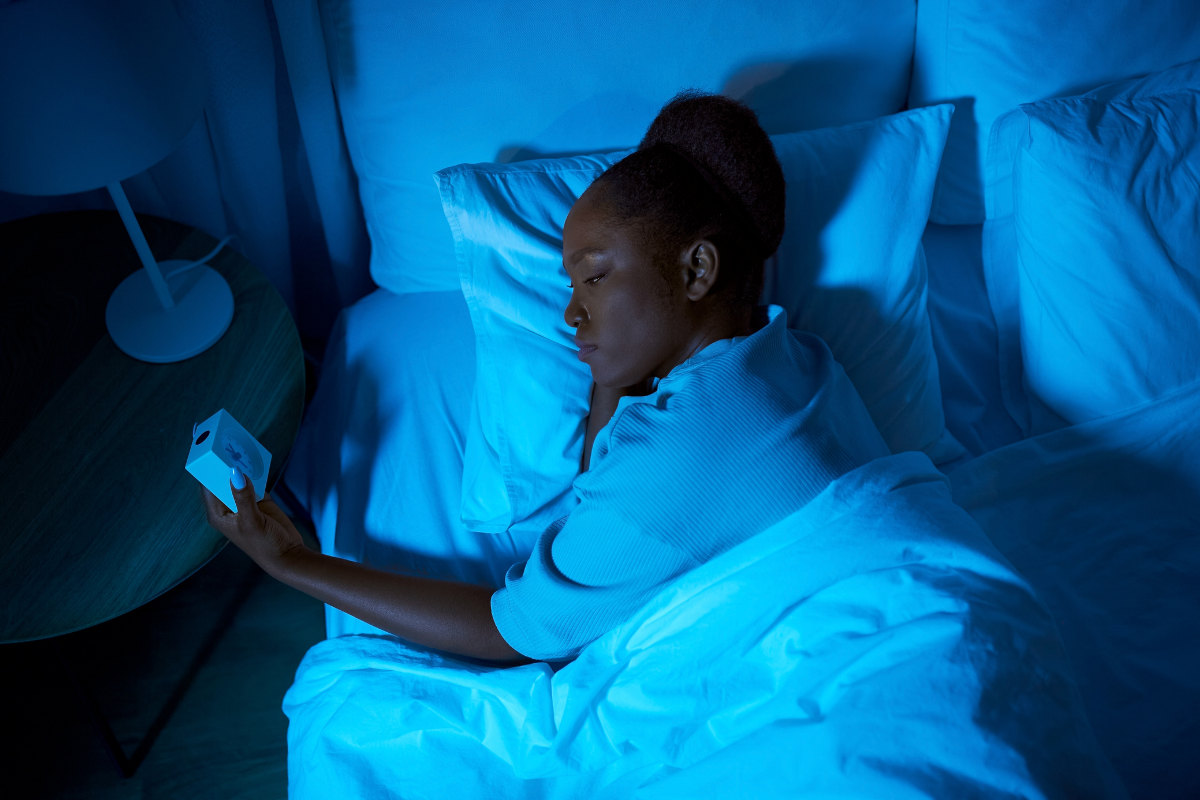Do you find yourself scrolling through your phone late into the night, even when you know you should be sleeping? You're not alone. Many of us are guilty of sacrificing precious sleep time for the endless scroll of social media feeds or binge-watching our favorite shows. But what exactly is the impact of this digital indulgence on our sleep patterns and overall well-being? Let's explore.
The Allure of Late-Night Screen Time:
In today's hyper-connected world, our smartphones, tablets, and laptops are constant companions, providing instant access to entertainment, information, and social connection. However, this accessibility comes with a downside, especially when it encroaches on our sleep hygiene. The allure of late-night screen time can be irresistible, pulling us into a vortex of digital stimulation when we should be winding down for the night.
The Blue Light Conundrum:
One of the primary culprits behind the detrimental effects of late-night screen time on sleep is blue light exposure. Electronic devices emit blue light, which mimics natural sunlight and suppresses the production of melatonin, the hormone responsible for regulating sleep-wake cycles. Exposure to blue light before bedtime can disrupt our circadian rhythms, making it harder to fall asleep and achieve restorative rest.
The Disruption of Sleep Architecture:
Beyond its impact on melatonin production, late-night screen time can disrupt the overall architecture of our sleep. Engaging with electronic devices close to bedtime can lead to shorter sleep duration, decreased sleep efficiency, and more frequent awakenings throughout the night. This fragmented sleep can leave us feeling groggy and fatigued the next day, impacting our productivity, mood, and overall quality of life.
The Cognitive Stimulation Trap:
In addition to its physiological effects, late-night screen time also poses a cognitive stimulation trap. Scrolling through social media feeds or engaging in stimulating activities like gaming or online shopping can activate the brain, making it harder to switch off and relax before bedtime. This heightened mental arousal can delay the onset of sleep and contribute to a racing mind, further exacerbating sleep difficulties.
The Importance of Establishing Boundaries:
While the allure of late-night screen time may be strong, establishing boundaries around device usage before bedtime is essential for protecting our sleep health. Creating a digital curfew and implementing a "no screens in the bedroom" rule can help signal to our bodies that it's time to wind down and prepare for sleep. Instead of reaching for our devices, we can opt for relaxing activities like reading, meditating, or practicing gentle yoga to promote restful sleep.
In a world where screens are omnipresent, it's easy to fall into the trap of scrolling instead of sleeping. However, understanding the impact of late-night screen time on our sleep patterns and overall well-being is crucial for prioritizing our sleep health. By setting boundaries around device usage, minimizing blue light exposure, and engaging in relaxing pre-sleep rituals, we can reclaim control over our sleep and enjoy the restorative rest we deserve. So, the next time you're tempted to reach for your phone at bedtime, ask yourself: "Am I scrolling instead of sleeping again?"



